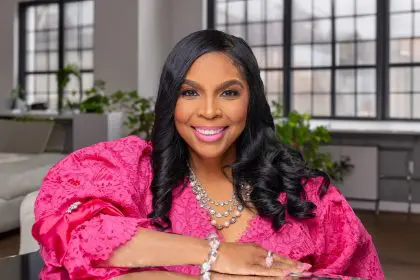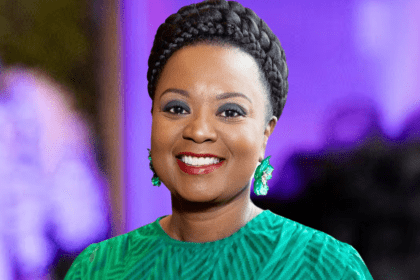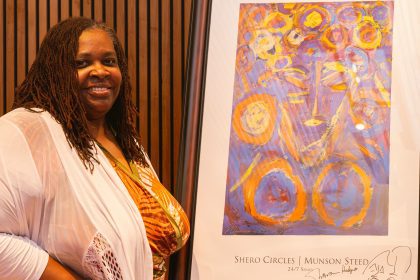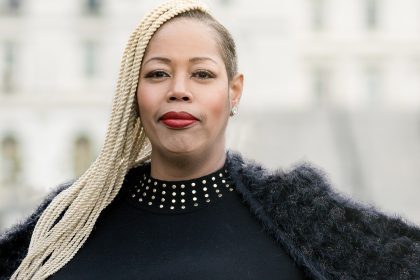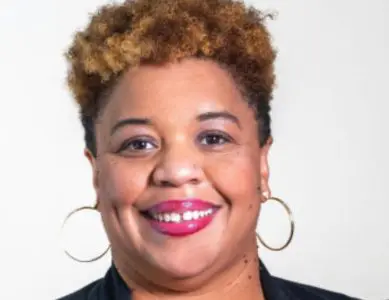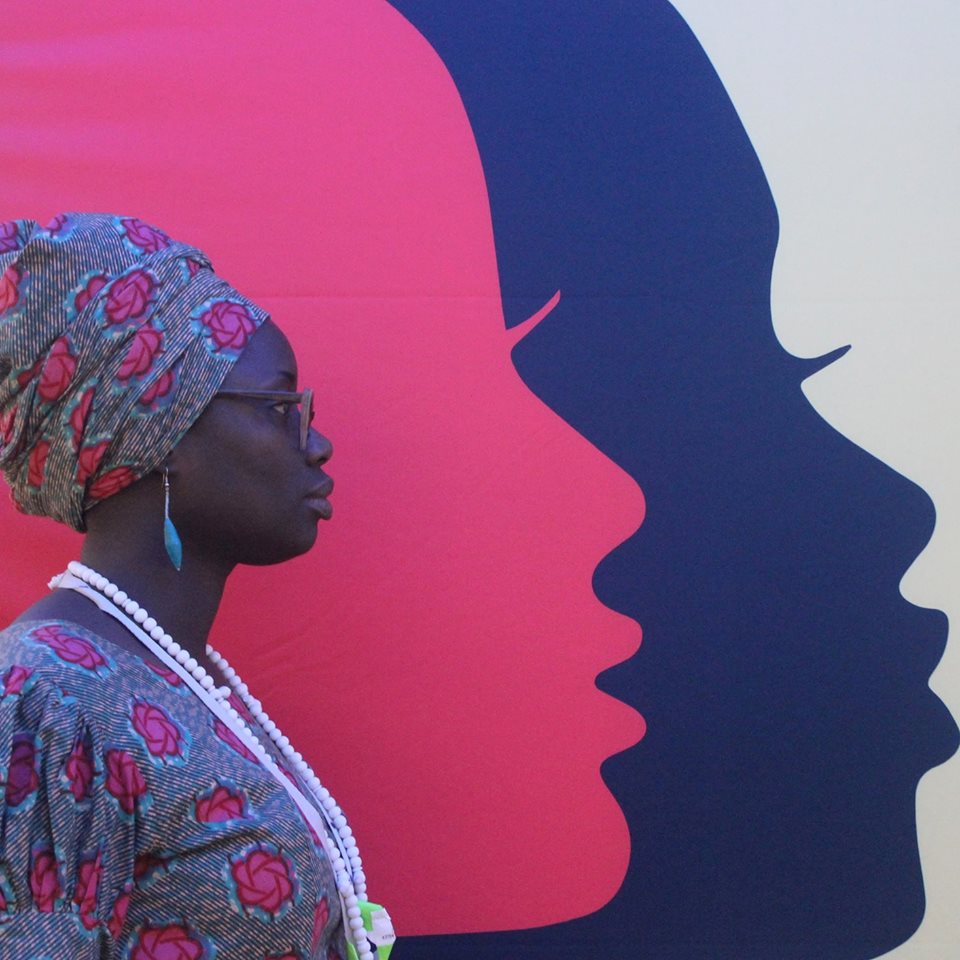
Fatou-Seydi Sarr champions change as a social justice and human rights warrior. The Senegalese native is also the founder and executive director of ABISA (African Bureau for Immigration and Social Affairs), a nonprofit that helps African and Black immigrants in metro Detroit know their rights, access resources, become invested and civically engaged. Her passion for social equity drives her commitment to advocacy for the intersectionality of religious, racial, immigration, socioeconomic and gender issues. A lay leader in the Detroit West African community, Sarr proudly describes herself as an African immigrant Black Muslim woman. She has been at the forefront of numerous movements, including the Women’s March and the Women’s Convention.
As an African immigrant, how are your experiences similar to African American women? How are they different?
Living in Detroit for the last 14 years, I have understood that my experiences are linked to the color of my skin first and foremost, so being redlined from educational opportunities and higher learning regardless of Brown v. Board of Education is a reality I share with other African American women. Suffering from environmental racism and housing racism is due to laws, policies and regulations this country had in place for Black folks. Having to work six times harder than any other race in America, is a standard I needed to fulfill like any other Black woman, so pretty much for me more similarities than differences. My immigrant status and my Muslim status just added more challenges and barriers to push back on.
How did you determine your career path?
Social justice advocacy and activism chose me. I came to the U.S. with a degree in business administration and management and five years of experience. Quickly I discovered that there was a lot of barriers to having my experience and degree recognized. I then went back to school, completed a degree in applied sciences, then social work, then waited a year or so and fell in love with the master’s of social justice that really spoke to me. It turned out to be the best career move for me. I enjoyed learning the tools that can provide me with more opportunities to advocate for myself and folks like me.
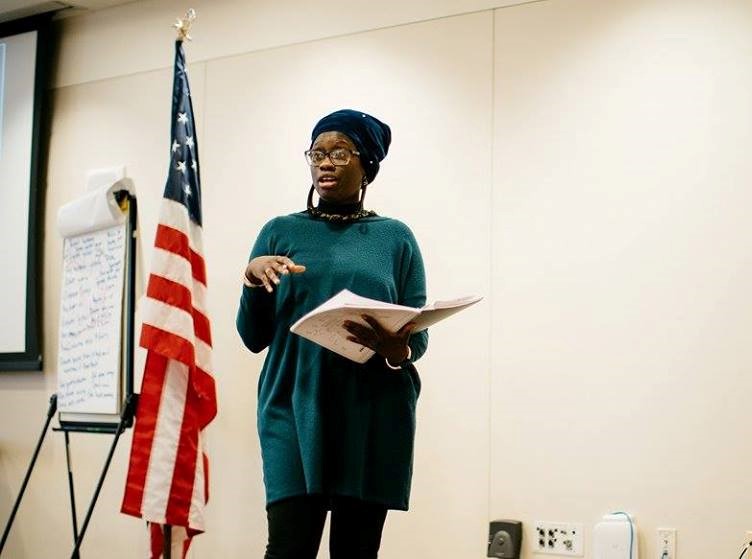
Name three of your most successful female role models and explain why you admire them.
My mother Rokhy Ndiaye, her limitless patience and her ability to remain gracious, loving, nurturing and giving regardless of her own struggles, pain and aches. My daughter Hawlaane, her sense of humor, her strength and adaptability to every situation without hesitation. She rolls with all the punches with ease; her eternal gratefulness and loving spirit. My grandmother for her abnegation of injustices, her wit, her sense of honor and dignity.
As a Black woman, what do you consider your superpowers to be?
I am grateful to the miracles of Allah, I hang on to the “cloak of humility” which allows me to remain grounded. And most definitely the “three bones” [Senator] Nina Turner inherited from her grandmother: “the wishbone” that always keeps my dreams alive and well, “the jawbone” as I often speak my truth to powers, I make sure that I am heard and “the backbone” because the road to fulfilling our dreams is paved with setbacks. I say paved with engineered setbacks.
Why is it important for women of color to lead or work in leadership roles and decision making capacities?
Who else but women of color can lead and change the narratives, improve lives, create paradigm shift conditions and conceptualize creative and sustainable solutions for issues that impact women of color? They are the experts on what affects them, for me their leadership is just so obvious. It is a shame that we still ask for the rest of the world to acknowledge that simple fact.
What are three habits you implement into your daily routine to maintain your success, sanity and peace of mind?
For my sanity and peace of mind, I try to keep up with my daily prayers, I refuse to nurture resentfulness, therefore I am very open about how I feel about situations, things and people. I also have my daily grateful prayer where I acknowledge all the good things that life offers me; I practice seeding love, joy and bliss on a daily basis. For success, I renew my daily commitment to myself to create a better version of myself.
What thoughtful or encouraging piece of advice would you give to your younger self?
Be fearless, try every “foolish” idea because you have nothing to lose. Be authentic, love every bit of yourself to the sun and back, most importantly own yourself: the good, the bad and the ugly. What belongs to you does not hold you back.
If you could change one thing about the world, what would it be?
The construct of race and its application in our social settings.
Follow ABISA on Facebook and Instagram


